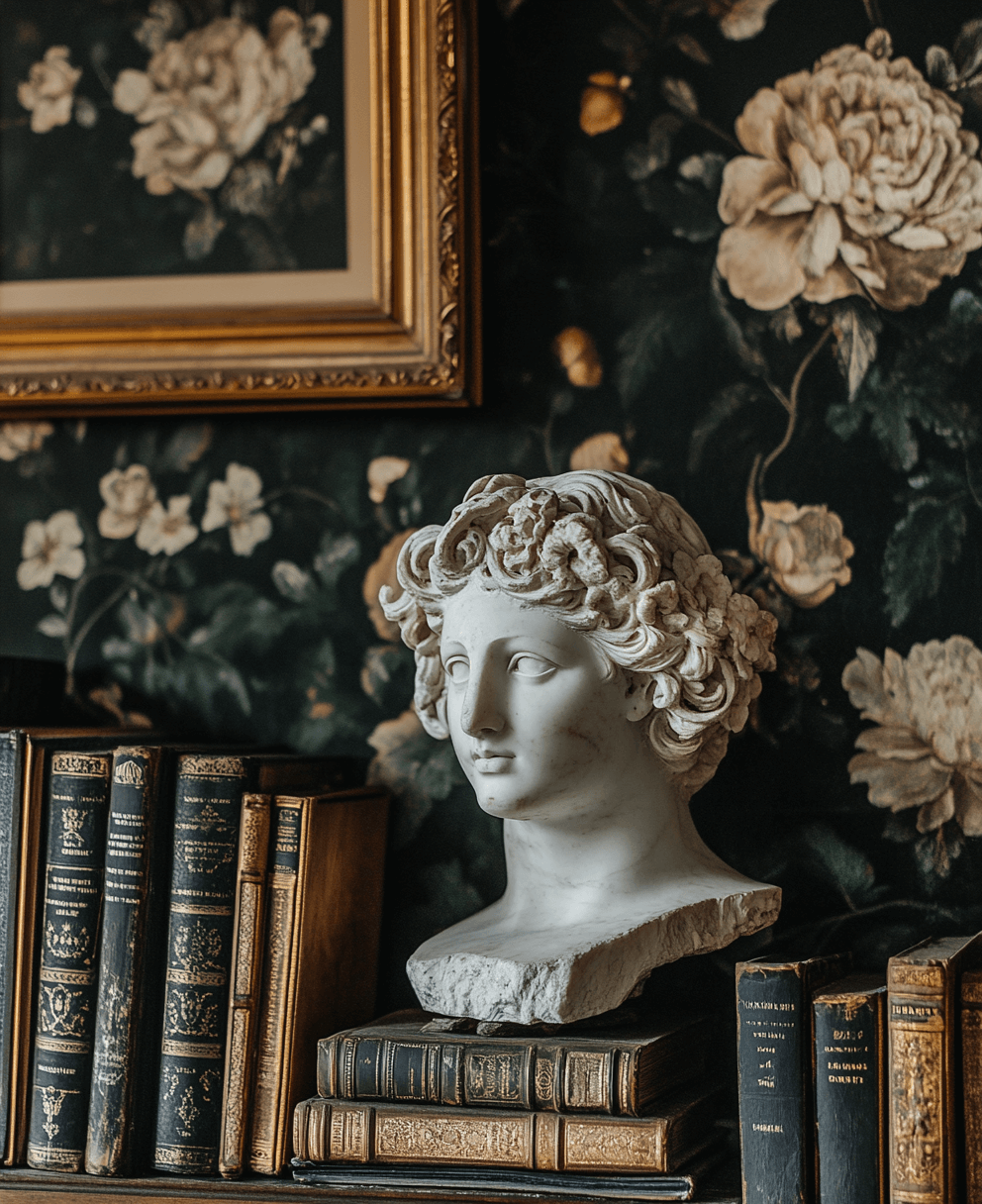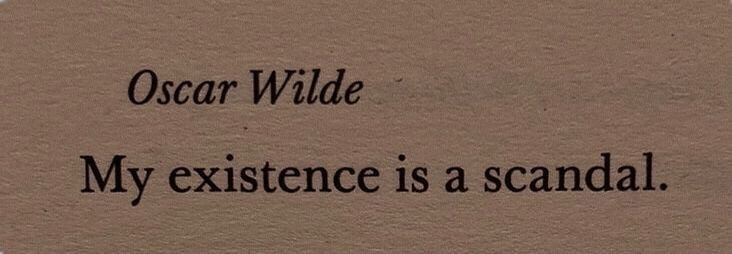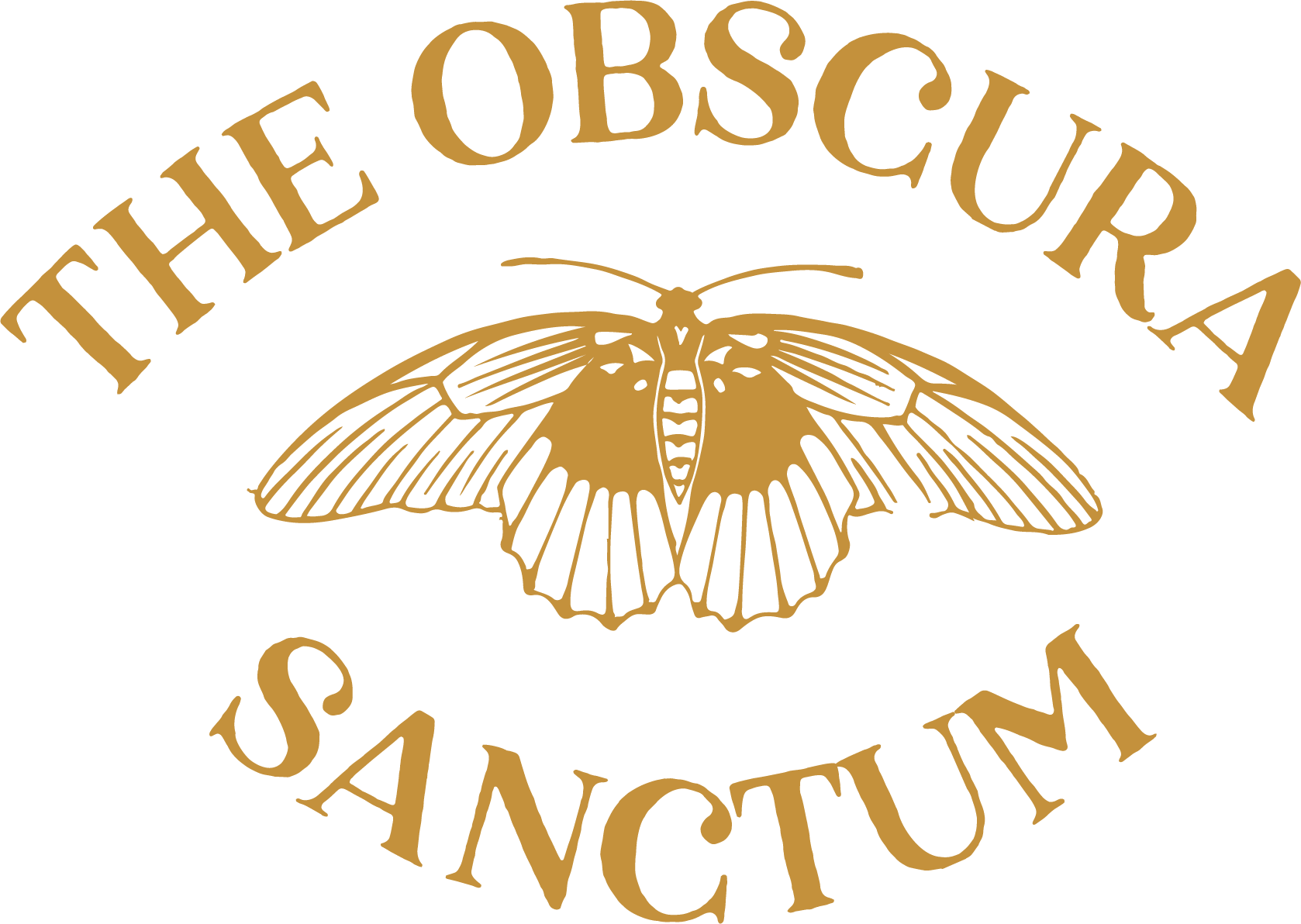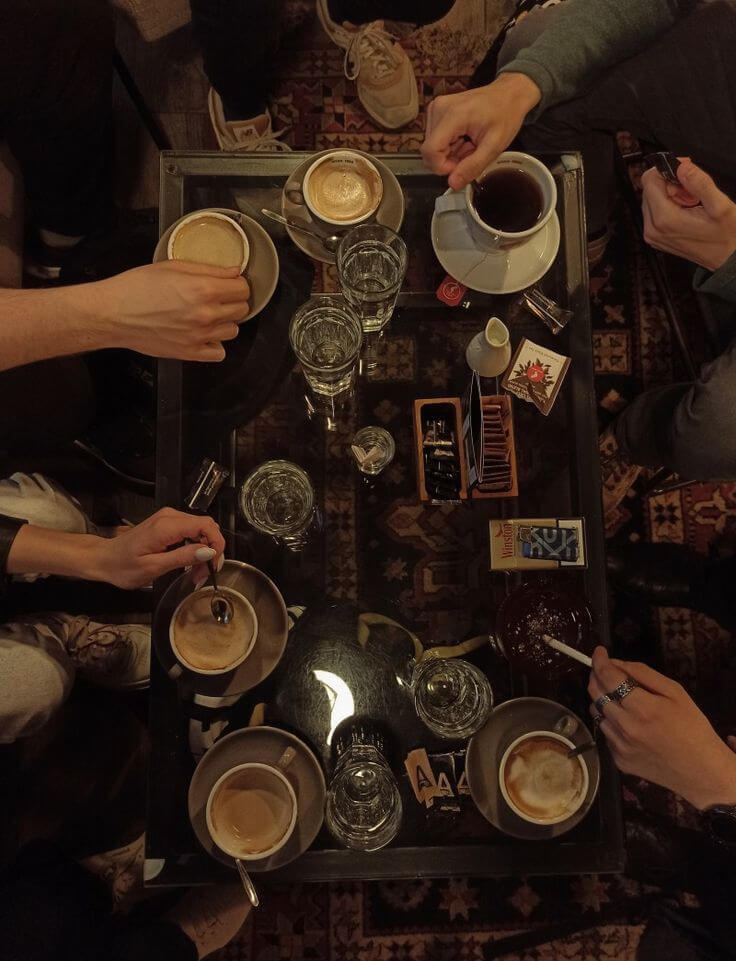Dark Academia didn’t just appear one day, fully formed, wearing a tweed coat and reading Latin poetry by candlelight. It has roots—deep, tangled, and oddly romantic. The movement is more than just a moody aesthetic or a collection of old books. It’s a longing for something that doesn’t quite exist anymore (or maybe never did).
So, where did it come from?

A Love Affair With the Past
At its heart, Dark Academia is nostalgia—sometimes for the past, sometimes for a past that was only ever imagined. It borrows heavily from the aesthetics of 19th and early 20th-century academia, but that’s just the surface. I believe that the real soul of Dark Academia is obsession: with knowledge, with beauty, with the fleeting nature of time.
Think about it—why do so many people romanticize handwritten letters, dusty libraries, and candlelit studies? It’s not just about aesthetics, about the feeling of coziness. It’s about longing for a world where learning felt sacred and time moved slower. A world where intelligence wasn’t just a means to an end but a way of life. Of course, that world was often exclusionary, rigid, and deeply flawed. But Dark Academia doesn’t aim for historical accuracy. It aims for atmosphere. Would you agree?
The Literary Ghosts That Built It
If we want to trace Dark Academia back to its literary ancestors, we don’t have to look far. Donna Tartt’s The Secret History (1992) is often cited as the movement’s defining novel. And rightly so—Obsessive students, classical studies, a murder that somehow feels poetic… But I would say that the roots go even deeper.
Oscar Wilde (of course, I can’t forget him), with his biting wit and tragic dandyism, left his mark. So did Mary Shelley, who gave us gothic obsession in its rawest form. Even earlier, there’s Frankenstein, Dracula, and the eerie, melancholic poetry of Lord Byron. The Romantic poets were doing Dark Academia before it had a name.

And then, of course, there are the Greeks. Plato, Socrates, Aristotle—their shadows stretch long over the movement. Not necessarily because of their philosophy (though that, too) but because of the way their works have always been tied to elite education. Latin and Greek aren’t just languages in Dark Academia; they’re symbols. They represent a kind of knowledge that feels rare, secret, and exclusive.
The Internet (And the Inevitable Aesthetic Boom)
For all its classical influences, Dark Academia, as we know it, wouldn’t exist without the internet. Tumblr, Pinterest, and Instagram took scattered ideas—literary obsession, preppy fashion, gothic melancholy—and wove them into something cohesive. People started dressing the part. Brown blazers, turtlenecks, loafers. They started curating their bookshelves, their music, their very identities to fit the mold.

Source: Pinterest
And sure, some of it got commercialized. Fast fashion brands picked up on the trend, bookstores marketed their ‘Dark Academia’ shelves. But at its core, the movement has always been deeply personal. It’s less about what you wear and more about how you see the world. It’s the thrill of reading something that changes you. The quiet satisfaction of handwriting notes, even when you could type them. The belief that knowledge—real, deep, aching knowledge—is worth pursuing, even if it doesn’t have a practical use.
The Academic Fantasy (And Its Darker Side)
Of course, there’s a contradiction at the heart of Dark Academia. It romanticizes an academic world that, in reality, is often cold, competitive, and exhausting. The ivy-covered walls and libraries come at a cost—tuition fees, student debt, burnout. There’s also the fact that, historically, academia wasn’t a welcoming space for everyone. It was elitist, Eurocentric, and built on exclusion.
Dark Academia sidesteps that reality. It filters the academic experience through a golden haze, stripping away the parts that don’t fit the fantasy. And maybe that’s the point. It’s escapism. But it’s escapism with a brain. It doesn’t just dream of the past; it reinterprets it, shapes it into something new.
So, What Is Dark Academia, Really?
It’s a love letter to knowledge, tinged with melancholy. A rebellion against fast-paced modernity. A quiet, book-filled corner of the internet where learning is still sacred. It’s literature and loneliness, candlelight and coffee-stained pages. It’s longing for something just out of reach.
So, tell me – What does Dark Academia mean to you—an aesthetic, a mindset, or something more?



Is it strange that I see DA more like this strange feeling of home? I have no idea how to describe it, maybe because I was growing up with Harry Potter and Sherlock Homes 😀 But for some reason I love all the trinkets that have this energy about them…when I see HP reference (including music) I want to cry bc I feel this deep calling home…so maybe that is WHY I love DA so so much